
Only race can explain why Asians from alien cultures, such as Andrew Yang, become wealthy and successful in the United States while American blacks fail to prosper despite having lived in the same language and culture as whites for centuries.
2,961 words
Part 2 of 2 (Part 1 here)
Spanish version here
Certainly in the past the birth rate in our countries was much higher than it is now, but it was also higher in the countries of other races, so this gap is not something new and it has been maintained over time. Only the lack of medicine and aid from whites and so on kept the population of Africa at a stable level, at the price of an exorbitant mortality rate.
Now that whites are artificially keeping Africa alive by preventing blacks from dying by the hundreds of millions, their mortality rate, especially infant mortality, has dropped to a record low. But despite having a higher birth rate than now, it still took Africans around 800 years to double their population before they had contact with whites. Now, they do it every 30 years. Despite this, the lack of ability among certain races continues to cause a huge differential between their life expectancy and that of others, as we can see in the following graph.
Note how even after decades of war, Afghanistan has a higher life expectancy than in those black countries that are not at war, but where their inhabitants are dropping like flies because of disease, starvation, accidents, and a very high homicide rate.
The graph below shows the death rate due to malnutrition around the world. As we can see, blacks starve to death in perfectly fertile lands, while the desert countries of North Africa and the Middle East, which are inhabited by the Arab race, have a much lower malnutrition death rate. The only one that stands out slightly is Yemen, but this is because of the civil war that has been raging there since 2014 that has displaced millions. In the same vein, in partially desert white countries (such as Australia), or those whose surface is partially frozen (such as Russia, the Scandinavian countries, Canada, or especially Iceland, where only 1% of the land is arable), death by hunger is virtually non-existent, as we can see in this map that shows deaths below 10 per 100,000 inhabitants.
Also highly significant are racial differences in the prevalence of certain diseases (apart from some specifically racial ones due to genetics such as sickle cell anemia, Tay-Sachs disease, and so on). It is clear to see that it is always the same racial groups that stand out for their high rate of infection by sexually transmitted diseases (which speaks volumes about the dissolute lifestyles and poor long-term thinking ability of those groups) such as HIV-AIDS, syphilis, and gonorrhea, to the point that there are several black countries in which more than 20% of the adult population is infected with HIV — and which were at well over 30% before white assistance reversed the trend.
As we have already seen, there is a very strong link between race and poverty (or between race and productivity) wherever different racial groups live in the world. Race and crime also go together. But it is not poverty that causes the greater propensity for crime among certain races, but is again caused by an independent genetic factor. Although poverty is constantly used to excuse the behavior of dark races around the world (especially within white countries),[1] the truth is that the link between poverty and crime is far from being as strong as it is assumed. Being poor does not make a person a criminal, but it is always more politically correct to blame the poor than to blame blacks. In fact, some communities that are majority white but economically depressed because of their rural character, high unemployment, and in some cases levels of drug addiction (West Virginia, Kentucky, Idaho, etc.) are not only not noted for their criminality, but are often among the safest and most peaceful areas in the entire United States. In fact, race remains the best predictor of crime in a community, especially the presence or absence of the black race, above factors such as poverty, unemployment, and so on.
Racial differences in idiosyncrasies are also reflected in many other areas, from the different types of hobbies that each race enjoys to the issues that they are most concerned with. Anyone who has been involved in an environmental organization knows that such matters are mainly a white concern. The is true of organ donation; organ banks are always short of donors from non-white races.
Human rights were also an invention of the white race, and it is also the race that has been imposing its criteria on the rest of the world. While all races have practiced slavery at one time, it was the white race that decided to abolish it, starting with the Burgos Laws and going so far as to massacre itself in the US Civil War to win freedom for an alien race.
Concepts such as freedom of speech are mainly a concern of white people, as shown by numerous surveys and by the membership rosters of organizations dedicated to that end. This is despite the fat that the Jewish race has been fighting tooth and nail to suppress it in order to be able to forbid saying anything that goes against their agenda. One could therefore develop a map of “freedom in the world” and it would reflect the same racial truths as the other thematic maps. I will not do so, however, because apart from the obvious subjectivity involved, the methodology of those who elaborate it lacks rigor and is highly politicized. Freedom is not embodied by elections in which we can only vote for Kang or Kodos amidst a media circus, for example. Those organizations which clam to measure the “freedom” of countries usually take into the alleged persecution of racial groups (so long as they are non-whites, of course), but do not take into account whether they put people in prison for politically incorrect ideas.
Despite the destructive Jewish influence, whites nevertheless have a much more developed concept of freedom than other races. In fact, we tend to seek it out. Thus, tyrannies in our countries tend to be much more sophisticated and hidden, since coups d’état and regimes in the hands of cliques that do not rely on the people to govern are not usually well-regarded.
Regardless, whether a particular government is in the hands of a dictatorships or not is not a relevant factor when considering a country’s degree of development. In fact, many dictators come to power with the intention of making their nation economically prosperous. The concept of “developmentalist dictatorship” is quite common, and historically they have done well to industrialize white countries such as Spain or Russia, or yellow countries such as China, Taiwan and South Korea. As usual, however, such efforts always turn out to be fruitless in black countries or in the most strongly Amerindian countries of South America.
Irrelevance of false national subjects
Above is the Human Development Index.
And here below, its Siamese twin, is the white population demographic index.
If we superimpose the map of the geographic distribution of the races on these, we see that it perfectly matches with the type of society that has been generated in each place.
Now, we can try to superimpose the human development map (and all the previous maps on fundamental differences) on other ones that reflect those secondary factors such as languages, religions, and so on, and we will see that the correlation will simply vanish.
In fact, any correlation there may remain — other than consequently being much lower — will exist exclusively to the extent that the cultural factor is linked to race, since religion, language, and so on are cultural aspects. Culture is something that is inherited within each race and people as long as each generation educates the next in the same culture. But this linkage begins to fade as soon as these secondary characteristics are exported through the formation of multiracial empires or local assimilation. And it is this type of exporting that allows us to study the real effect that all these things have — namely, a limited and weak one.
Above we see the dominant languages of the world. What sociological connection today does Spain have with its former Spanish-speaking colonies, or Portugal, France, or Great Britain with those areas that still speak their languages? Would the majority of the population of any of these white countries be willing to move en masse to live in these non-white societies, no matter how linguistically close they may be?
On the other hand, we find that there is a universal recurrence of the pattern that certain invading races who barely speak the language of the white countries they are invading prosper more easily than those races that have the advantage of knowing the country’s language as their mother tongue. For example, few of the Amerindian and mestizo invaders who come from countries that are much worse off than the United States are fluent in English, yet they prosper much more than American blacks do. Similarly, the yellow peoples coming from Asia, who do not even have the same alphabet, always end up prospering more — and they usually develop societies much more similar to ours.
As for religion, the white race’s current majority religion was brought to both black Africa and the Americas south of the Rio Grande. In fact, there are some non-white countries, such as Ethiopia, that have been Christian for much longer than most European countries. This has clearly not “helped” them in any way. After becoming Christian, the Americas south of the Rio Grande still show the same developmental gap with respect to the United States and Europe, and black Africa remains the same underdeveloped and undevelopable Third World hellhole it always was. Besides which the zenith of the Classical white civilizations, Greece and Rome, came before Christianity.
The supposedly Protestant economic and work ethic about which Max Weber wrote, and which supposedly accounts for much of the development in the Protestant and Germanic countries, does not seem to be of any value in those African countries that follow this variant of Christianity. There is infinitely more similarity, by whatever sociological standard one wishes to use, between white countries of one denomination or another (or those that are irreligious) than between countries of the same religion/denomination, but of different races.[2]
Moreover, if we were to eliminate the Christian countries of the white race from the equation, the correlation between Christianity and human development would become negative. The Muslim countries of Arab Africa are much more developed than the Christian countries of black Africa. Likewise, the East Asian countries are incomparably more developed than the other non-white countries, regardless of religion.
It cannot even be said that, among the white countries, those that are more Christian show significant differences, either for the better or worse, in sociological or economic terms. (Moreover, the Scandinavian countries are among the least religious while also being among the most prosperous.) It also cannot be said that the Christian black countries show significant differences in comparison with other black countries.
Non-white Christian countries dominate the murder rate around the world. Mestizo South America, the most Christian and Westernized region of the non-white world, far surpasses Islamic Arab Africa in its per capita murder rate, and often surpasses even Christian black Africa. Regardless of the Ten Commandments, nature still triumphs. And it cannot be said that Christianity is taken less seriously in those countries than in Europe and other, nominally Christian white countries.
A country’s economic system is much more influential than religion in terms of a country’s well-being and prosperity, with the Communist states clearly lagging behind those countries of the same race that have a market economy. But significantly, economics is still secondary to the racial factor. The white Communist countries of the former Eastern Bloc, despite having suffered through the most devastating war in history, were still more prosperous and developed during the Cold War than the black capitalist countries in any hemisphere, in spite of all the natural resources they possess.
Conclusion
These disparities between racial populations also naturally occurs within the same state. The differences we see between countries of different races are also visible in the internal racial statistics of multiracial countries, which is why many of them prohibit them from being reported, such as France. In multiracial states such as Brazil and nearly the entire central third of the Americas, racial differences in intelligence, crime, productivity, incidence of disease, and so on remain the same as in their ancestral places of origin, no matter how much time passes or how many multimillion-dollar government initiatives are launched to equalize the conditions for all racial groups.
Above, we see the homicide rate for each race in the United States between 1999 and 2007.[3] Black citizens show a rate similar to that of black African countries, while white citizens have a rate similar to that of white countries on the European continent, which is all the more significant given the differences in gun laws between these countries.
It does not matter for how many centuries the gypsies live in a European country such as Hungary or Spain. Their characteristics today are the same as those described by Miguel de Cervantes centuries ago. They will never assimilate, because racial differences are genetic, not environmental. Blacks will never become outstanding inventors or chess players by living in white countries, nor will whites become outstanding sprinters or prolific murderers by living among blacks.
Racial differences are well-known in the scientific community, and only the Jewish media’s censorship has prevented such knowledge from being widely disseminated. The only inequalities they do not deny are economic ones (which are actually directly caused by genetic inequalities between the races), although they hide their true cause by resorting to childish conspiracy theories, blaming phantasmagoric phenomena such as “systemic racism” — which, contradictorily, would seem to increase given the fewer whites there are in a given place, and it always affects the same races, and in the same order. Moreover, at the same time that this ethereal racism (which only exists among the damned, filthy white race — oy vey!) “keeps down” the usual races, it would miraculously seem to have the opposite effect on others. In fact, some of them are favored over whites, such as the yellows and most especially the most hated and despised race in the entire world: the Jews.

You can buy Greg Johnson’s The White Nationalist Manifesto here
Thus, it is races that determine individual potential, not states, not passports, not being born in a place on one side or the other of an arbitrary line on a map, and not the gods they pray to or the language they speak.
For this reason, the only genuine, natural, and rational nationalism there can be is a biological nationalism that views all the individuals who make up its genetic group — regardless of their language, citizenship, religion, or place of birth — as an extended family.
Since sociological statistics, such as those we have shown in several maps above, are crucial to living together in peace and harmony within the same nation, it is logical to draw the dividing line of nations and nationalism at the classificatory level at which these differences begin to get too vast, since two groups that are too far distant become incompatible. Ethnicity is too low a level for there to be unbridgeable differences between two groups even within that category. Between ethnicities of the same race, however, we will not find insurmountable innate differences. As we have seen, we will not find among them sufficiently different levels in the most important areas such as crime, intelligence, wealth, and so on for it to be a problem. As has been amply demonstrated in multiracial and multiethnic countries (whether they have followed the assimilationist line, such as the United States, or the differentialist one of Switzerland), it is only at the racial level that any possibility for coexistence and having a functional society breaks down.
It is race that defines the real and natural nations of our species, as opposed to the obsolete and — above all — artificial borders inherited from dynastic disputes. And that is why race is the optimal organizational level. Any nationalism that encompasses less is engaging in a fratricidal and divisive micro-nationalism, and any nationalism that encompasses more becomes an imperialist, miscegenating, and hegemonistic macro-nationalism of one identity over another.
* * *
Like all journals of dissident ideas, Counter-Currents depends on the support of readers like you. Help us compete with the censors of the Left and the violent accelerationists of the Right with a donation today. (The easiest way to help is with an e-check donation. All you need is your checkbook.)
For other ways to donate, click here.
Notes
[1] Poverty is a pathetic excuse because, even if it is the motivator that accounts for some other differences, it would also be necessary to explain why such wide racial differences in poverty occur universally in the first place, when the only existing racial privilege is “affirmative action” in favor of non-whites. It also the case that when blacks in a particular community are poorer, there is a lower percentage of whites and other races living among them. Moreover, one would have to ask how it is that blacks or gypsies who have been totally immersed in the local culture for centuries are still less prosperous than newly-arrived whites or yellows, many of whom do not even master the local language and who are at a clear disadvantage compared to them.
[2] The idea of the supposedly Protestant genesis of capitalism was later disputed by Weber’s colleague, Werner Sombart, who in The Jews and Modern Capitalism asserts a Jewish origin of the capitalist mentality.
[3] “During 1999-2002, among persons aged 10-19 years, the homicide rate for blacks was estimated to be 17.8 per 100,000 population, a rate 10 times that of whites (1.8 per 100,000) and higher than the rates reported for American Indians/Alaska Natives (AI/ANs) (6.0 per 100,000), Asian/Pacific Islanders (A/PIs) (2.9 per 100,000), and Hispanics (8.0 per 100,000)”: https://www.cdc.gov/mmwr/preview/mmwrhtml/su6001a14.htm
The%20Nation%20Is%20a%20Biological%20Group%2C%0APart%202%0A
Share
Enjoyed this article?
Be the first to leave a tip in the jar!
Related
-
Charles Murray’s Coming Apart: The State of White America, 1960-2010
-
Henry Fairfield Osborn, Race Scientist and Pro-White Activist
-
Korejský kapitalismus a pruský socialismus
-
Statistics Show Racial Disparities in Social Outcomes
-
Counter-Currents Radio Podcast No. 587: The Homeland Institute’s Poll on Pro-Natal Policies, Part 1
-
Pro-Natalist Policies
-
Notes on Japan: Not the Nationalist Utopia Some Imagine
-
White Preservationist Communities: Lessons from the Amish Blueprint
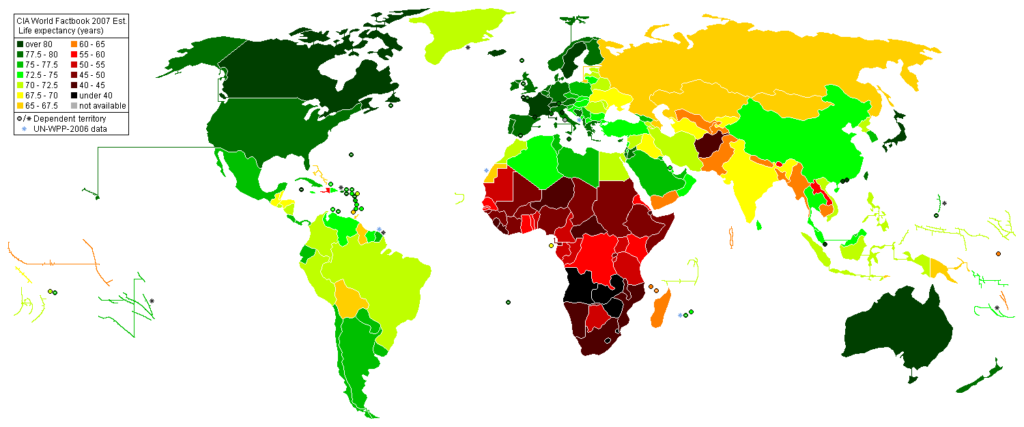
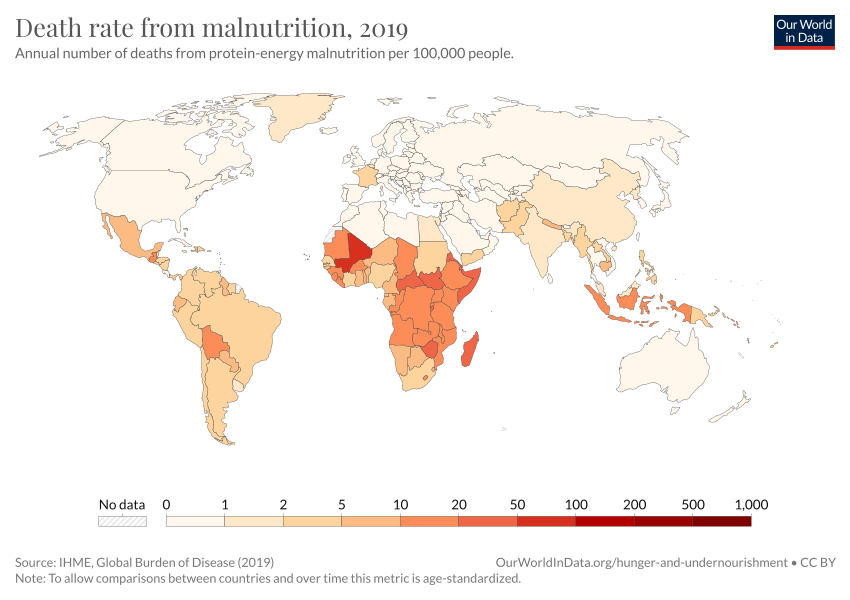
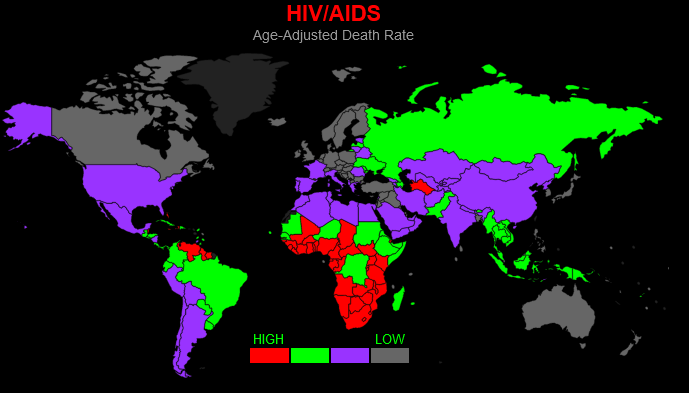


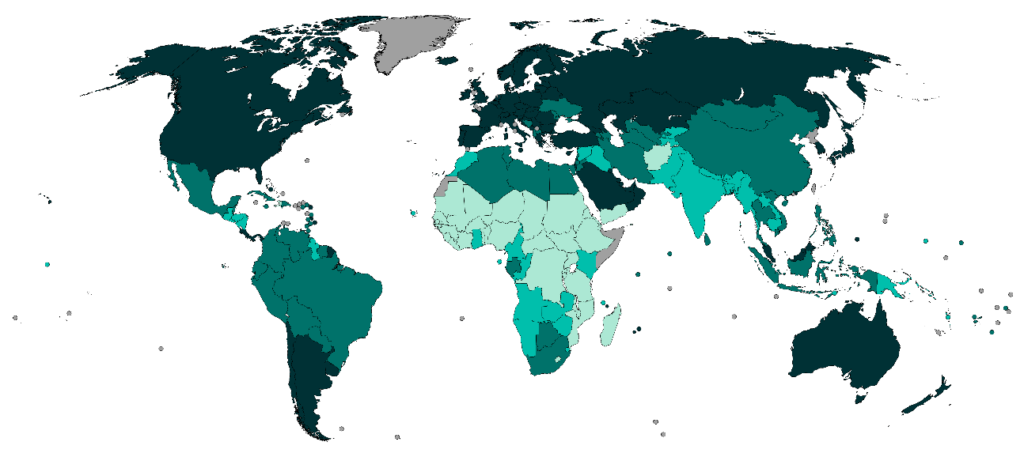
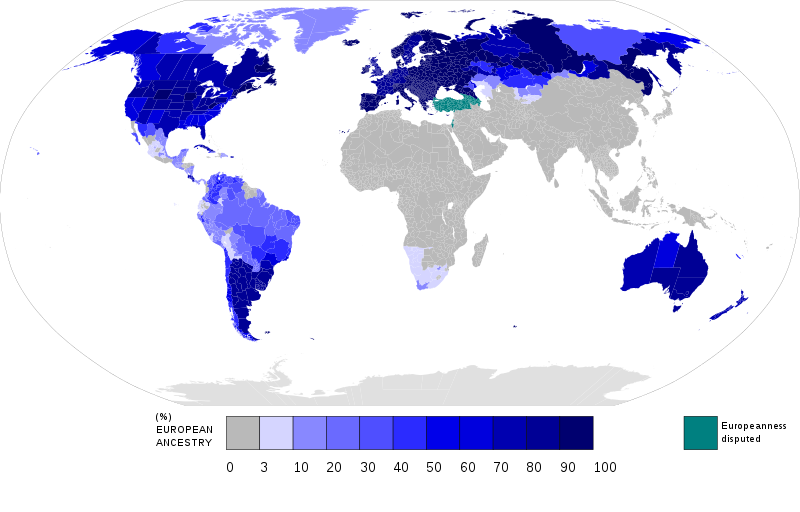
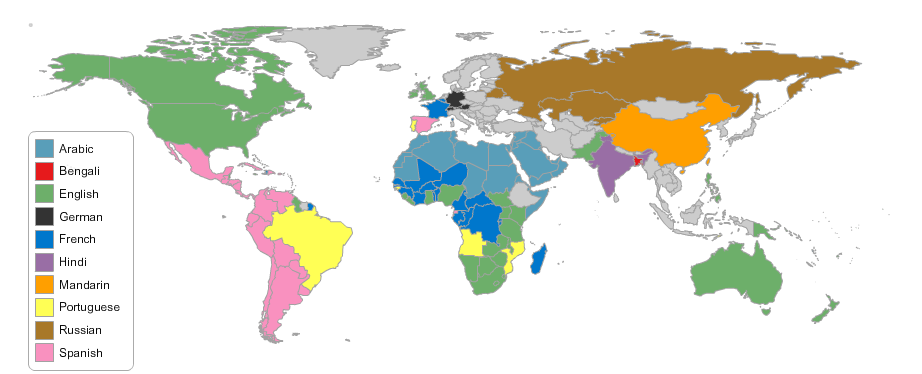
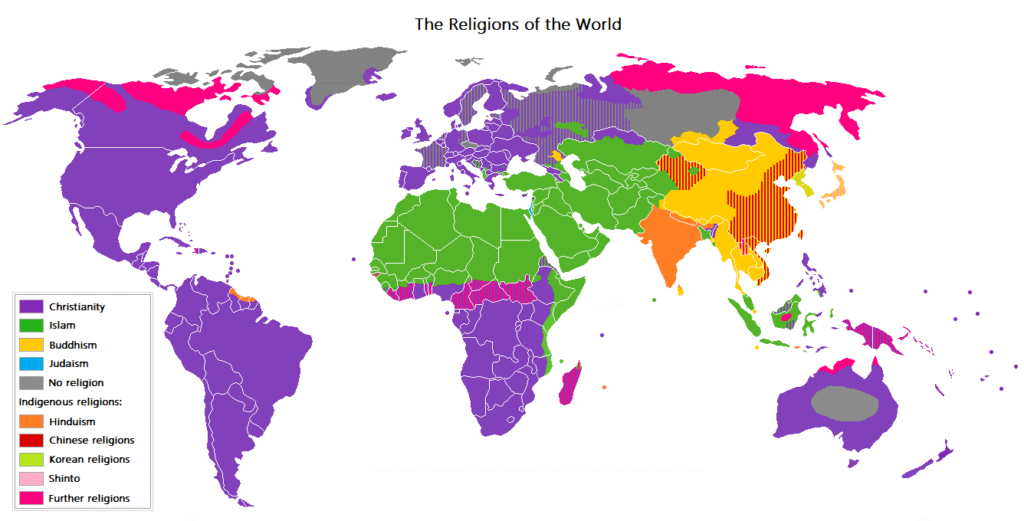
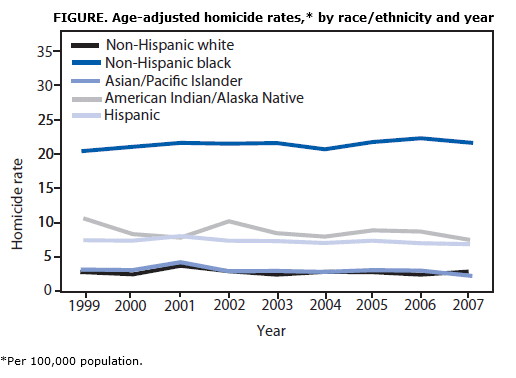
3 comments
Excellent article. It’s amazing the mental gymnastics that all levels of our woke societies undertake to deny the biological truth.
Black Africa’s population explosion is only made possible by the ongoing importation of significant amounts of food. If the food imports were stopped, black Africa’s population would likely fall below 300 million from its current level of around 1.1-1.2 billion within 10 years.
Thank you. Africa has 60% of the world’s uncultivated arable land, according to the WEF itself. Apparently, the problem would be that the billions of dollars sent by the Whites in foreign aid have not been enough for them to develop their own agriculture… https://www.reuters.com/article/us-congo-democratic-food-interview-idUSTRE48L03V20080922
Thank you for all the work you put into this excellent article.
You have a thought-ally, ironically, here, in the mouth of a character from his 1880 novel Endymion.
No man will treat with indifference the principle of race. It is the key to history, and why history is often so confused is that it has been written by men who are ignorant of this principle and all the knowledge it involves… Language and religion do not make a race—there is only one thing which makes a race, and that is blood.
Benjamin Disraeli
Comments are closed.
If you have Paywall access,
simply login first to see your comment auto-approved.
Note on comments privacy & moderation
Your email is never published nor shared.
Comments are moderated. If you don't see your comment, please be patient. If approved, it will appear here soon. Do not post your comment a second time.